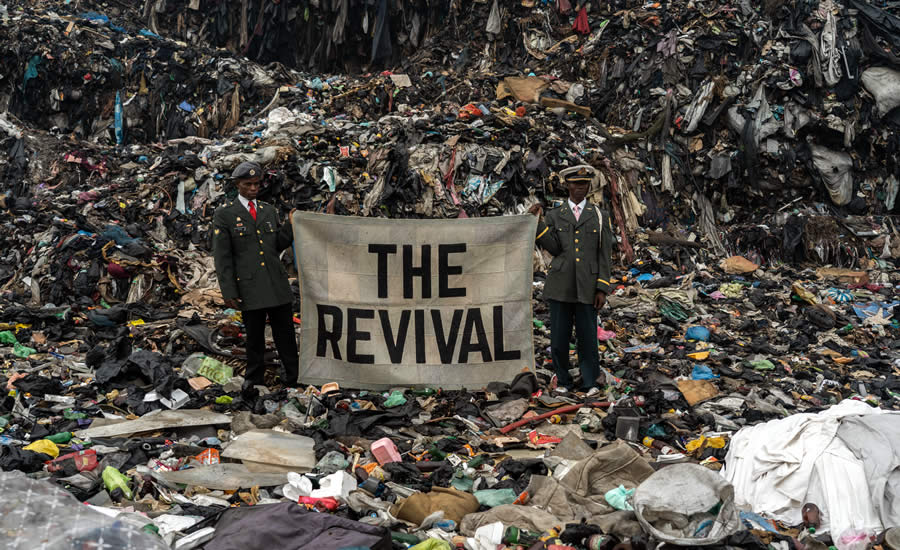
In the midst of Africa Climate Week, Ghana reinforces its role as a continental benchmark for sustainability. The country is simultaneously facing the impact of climate change and the avalanche of textile waste that is choking its natural environment.
As the effects of global warming worsen - with more violent floods, extreme temperatures and increasingly uncertain harvests - the Ghanaian capital is grappling with an added problem: tonnes of discarded clothing arriving every week from Europe and America. This dumping clogs urban waterways and disrupts life in coastal communities.
Far from resigning itself, Ghana has decided to turn the crisis into an opportunity. Initiatives such as The Revival promote textile recycling and the training of young people in sustainable trades. In the workshops of the Kantamanto market, what used to be rubbish is transformed into new garments, bags or materials for local design.
The green momentum is also reflected in the energy sector. Solar projects such as Kaleo expand the country's renewable capacity and demonstrate that the ecological transition can move forward without relying on fossil fuels.
The African Climate Week, which this year focuses on community action, has served to highlight Ghana's response: combining social innovation, environmental education and institutional leadership. A model of its own that seeks to inspire other countries on the continent.
In the words of the organisers, it is not just about debating policy, but about showing tangible results. Ghana wants to be remembered not for suffering from the crisis, but for having responded to it in a creative and just African way.
Source: sdgs.un.org; @therevival.earth
